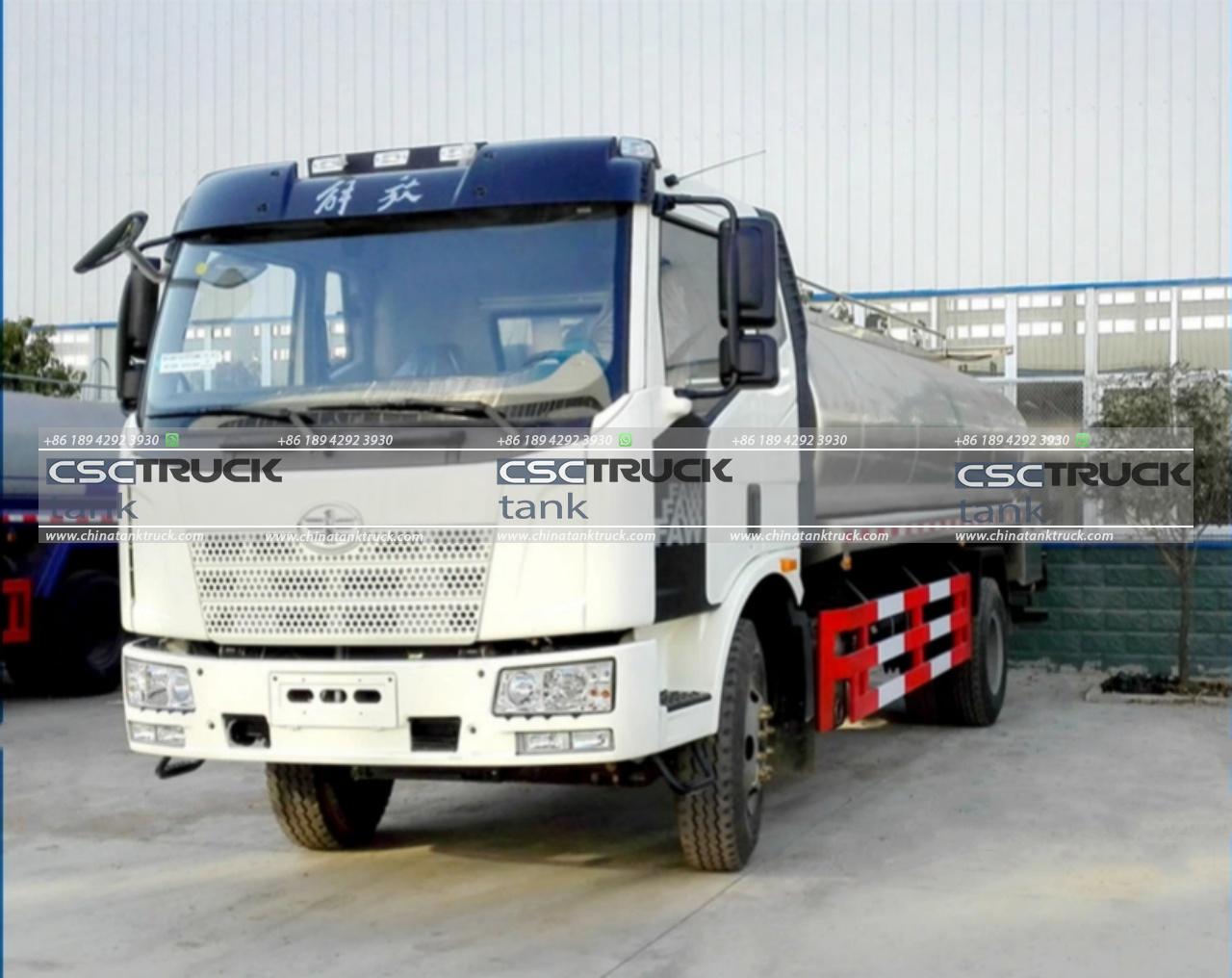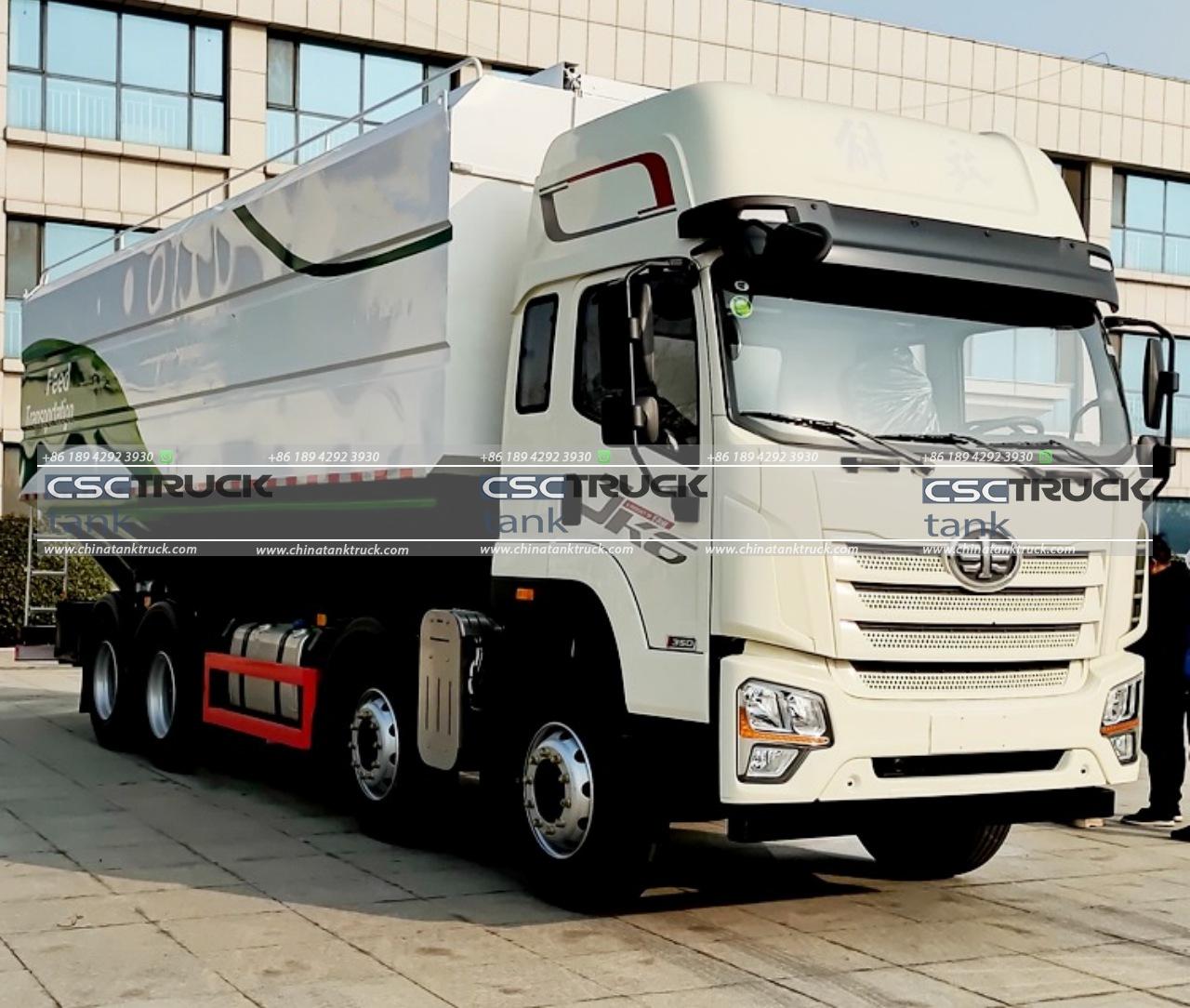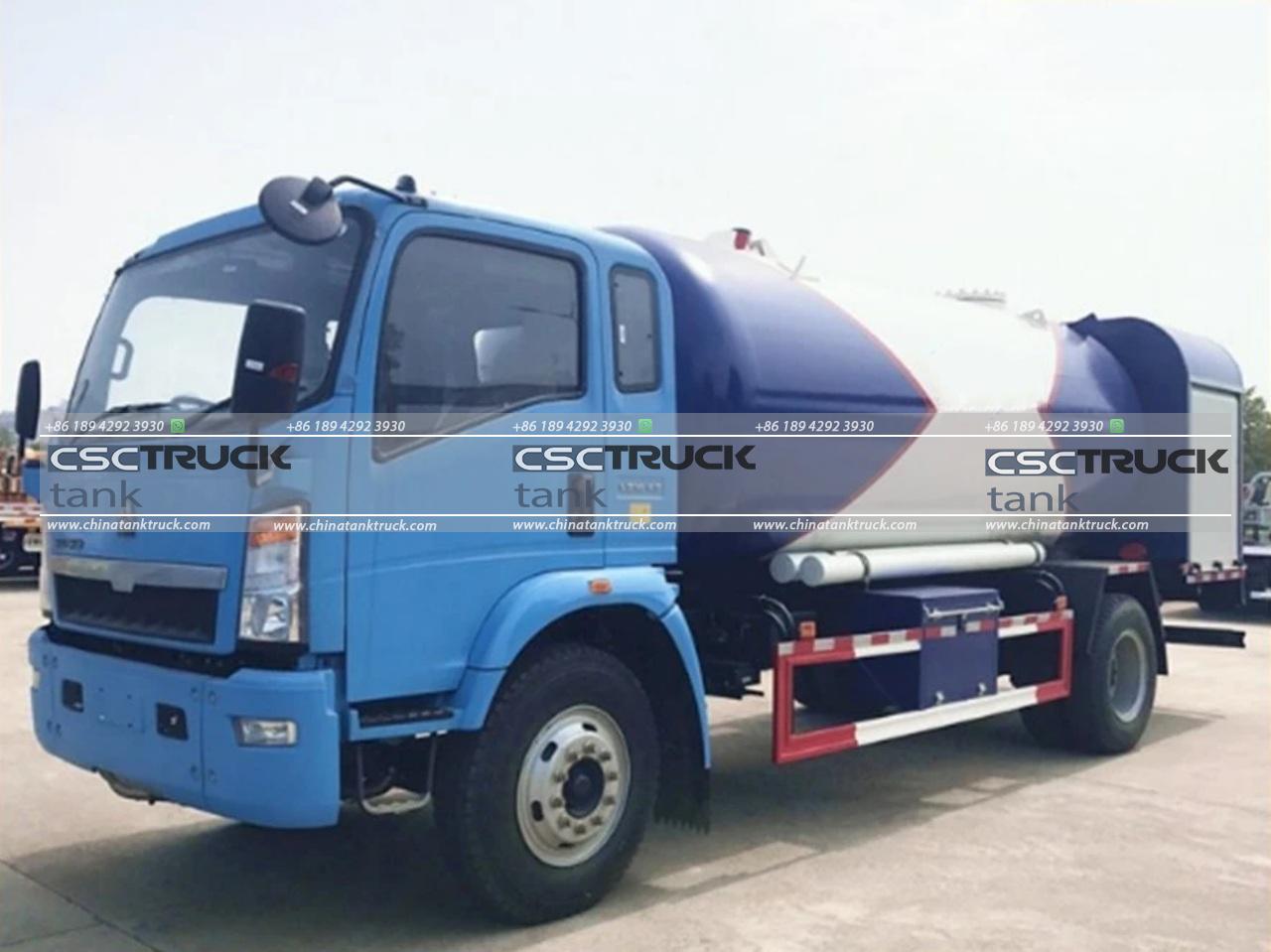What is a Bulk Tank Truck?
Bulk tank trucks are vital cogs in the wheel of modern industry and commerce. These specialized vehicles are designed to transport large quantities of liquids, powders, and granular substances, ensuring the efficient and safe delivery of materials essential for various sectors. From the food and beverage industry to agriculture, chemicals, and petroleum, bulk tank trucks play a crucial role in maintaining the supply chain. This article delves into the specifics of bulk tank trucks, their types, construction, uses, and importance in today’s economy.
Types of Bulk Tank Trucks
Bulk tank trucks are categorized based on the type of material they transport. The main types include:
– These trucks are designed to carry liquids, such as water, milk, chemicals, and petroleum products. They have cylindrical tanks that help maintain the stability of the liquid cargo by minimizing the movement within the tank during transport.

2. Dry Bulk Tank Trucks:
– Used to transport dry materials like cement, flour, sugar, and sand. These trucks have tanks that are designed to keep the cargo dry and free-flowing. They often have pneumatic systems to assist in the unloading process.

3. Gas Bulk Tank Trucks:
– These are used for transporting gases like propane, butane, and industrial gases under high pressure. The tanks are built to withstand high pressures and are equipped with safety valves and other features to prevent leaks and explosions.

Construction and Design
The design of a bulk tank truck is heavily influenced by the nature of the material it transports. Here are some key features:
1. Tank Material:
– Stainless Steel: Commonly used for food-grade products and chemicals due to its resistance to corrosion and contamination.
– Aluminum: Lightweight and often used for transporting fuel to enhance the payload capacity.
– Carbon Steel: Used for non-corrosive materials like cement or sand.
2. Tank Shape:
– Cylindrical Tanks: Predominant in liquid bulk tank trucks for their ability to evenly distribute the load and reduce sloshing.
– Hopper Tanks: Common in dry bulk trucks, featuring conical bottoms for easy unloading.
3. Compartments:
– Some bulk tank trucks have multiple compartments, allowing them to carry different materials simultaneously or to enhance stability by distributing the load.
4. Safety Features:
– Pressure Relief Valves: To prevent overpressure and potential explosions in gas bulk tanks.
– Insulation and Heating Coils: Used in some liquid bulk tanks to maintain the temperature of the cargo, essential for transporting materials like asphalt or chocolate.
Uses of Bulk Tank Trucks
Bulk tank trucks are indispensable across various industries due to their specialized design and functionality. Here are some of the primary uses:
1. Food and Beverage Industry:
– Transporting milk, edible oils, juice, and other liquid food products requires strict hygiene standards and temperature control, which bulk tank trucks provide.
2. Agriculture:
– These trucks carry fertilizers, pesticides, animal feed, and grains. They help ensure timely and efficient delivery, crucial for farming operations.
3. Chemical Industry:
– Bulk tank trucks are used to transport raw chemicals and finished products. They ensure the safe handling of hazardous materials, reducing the risk of spills and contamination.
4. Construction:
– The construction industry relies on these trucks to deliver cement, sand, and other bulk materials to construction sites. They facilitate continuous supply, which is critical for large projects.
5. Petroleum Industry:
– Transporting gasoline, diesel, and other petroleum products from refineries to distribution centers and gas stations. The safety features of these trucks are essential to prevent accidents and environmental hazards.
Importance in Supply Chain
Bulk tank trucks are critical in the logistics and supply chain management for several reasons:
1. Efficiency:
– They enable the transport of large quantities of material in a single trip, reducing the number of trips required and thus enhancing logistical efficiency.
2. Cost-Effectiveness:
– Bulk transport reduces per-unit transportation costs. By moving large volumes, companies can save on fuel, labor, and time, leading to overall cost savings.
3. Safety:
– With specialized safety features, bulk tank trucks ensure that hazardous and non-hazardous materials are transported securely, minimizing risks associated with spills, leaks, and contamination.
4. Versatility:
– The ability to carry different types of bulk materials makes these trucks versatile and indispensable across various industries.
5. Environmental Impact:
– Fewer trips mean reduced carbon emissions. Additionally, the specialized design minimizes the risk of environmental contamination during transport.
Technological Advancements
Technological advancements are continuously improving the efficiency, safety, and environmental footprint of bulk tank trucks. Innovations include:
1. Telematics:
– Real-time monitoring of the truck’s location, speed, and tank pressure. This technology helps in optimizing routes, enhancing safety, and improving delivery times.
2. Advanced Materials:
– Use of lighter, stronger materials for tank construction reduces the overall weight, allowing for greater payloads and improved fuel efficiency.
3. Automation:
– Automated loading and unloading systems enhance the efficiency and safety of operations. They reduce human error and expedite the delivery process.
4. Eco-Friendly Technologies:
– The adoption of alternative fuels, such as compressed natural gas (CNG) and electric power, is reducing the carbon footprint of bulk tank trucks.
Conclusion
Bulk tank trucks are an essential component of the modern supply chain, facilitating the efficient, safe, and cost-effective transport of a wide range of materials. Their specialized design and construction cater to the unique needs of different industries, ensuring that essential goods reach their destinations in optimal condition. As technology continues to advance, bulk tank trucks are set to become even more efficient and environmentally friendly, reinforcing their pivotal role in global commerce and industry.

